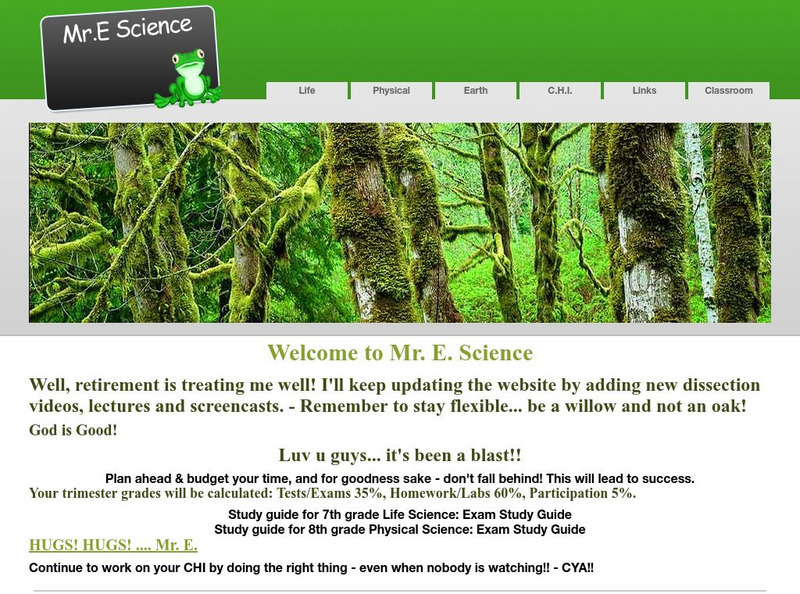Hi, what do you want to do?
Khan Academy
Khan Academy: Relative Speed of Sound in Solids, Liquids, and Gases
This article from Khan Academy provides information about sound and how it travels through different media. This information is intended for high school physics students.
BSCS Science Learning
Bscs: Sound: What Makes Sound, and How Does It Travel? Student Interview
In this interview before instruction, a first-grade student describes his initial ideas about what makes sound and how sound travels. [4:38]
BSCS Science Learning
Bscs: Sound: Interpreting a Model of Sound Waves
This video shows students engaged in a large group discussion to interpret the observations they made of moving sound waves. [4:25]
Khan Academy
Khan Academy: Why Do Sounds Get Softer?
A video explaining two reasons why sounds would have to get softer as you get further from the source. [8:47]
Khan Academy
Khan Academy: Challenge: Get Loud!
For a bigger and better light show, try experimenting with amplitude, frequency, and even the source of the sound (try your favorite song). Add in a friend and you"ve now got a dueling laser-light show!
Next Vista for Learning
Next Vista for Learning: Music's True Form
A short video explaining that music is a sound produced by oscillations of pressure through a solid, liquid, and gas with a frequency within range of hearing. [1:30]
Science for Kids
Science Kids: Cool Sound Vibrations
Watch this video to see how sound waves travel through water. [0:34]
Other
Mr. E Science: Physical Science: Chapter 8 Sound
Teacher created, flipped video to teach about sound. [21:57]
Bozeman Science
Bozeman Science: Sound Waves
Mr. Andersen explains how sound waves are created and perceived. A brief discussion of pitch and loudness are included. A generated sound of varying pitches is also included.
Mocomi & Anibrain Digital Technologies
Mocomi: Doppler Effect
Learn about the Doppler effect and what causes it.












